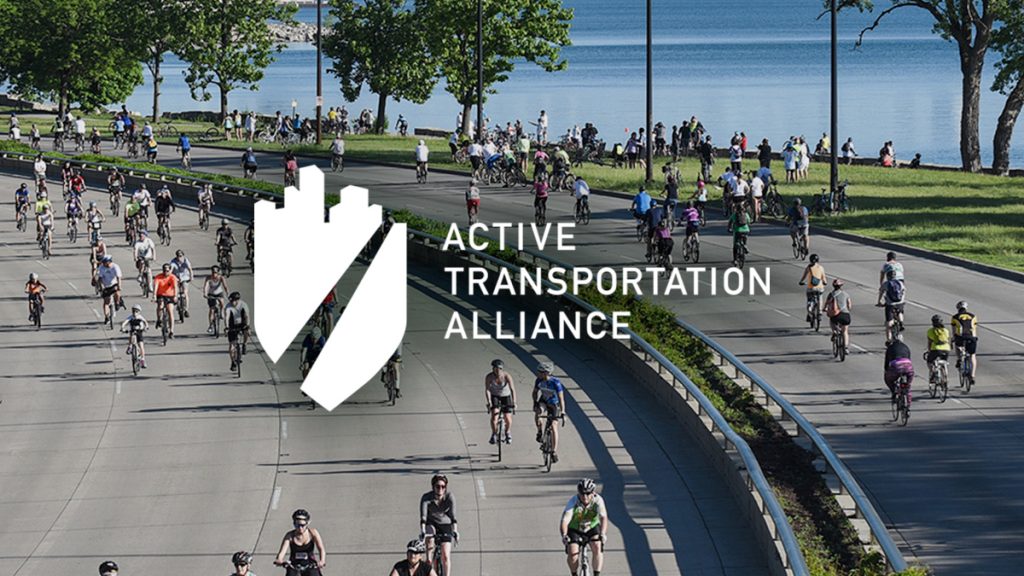Media release
June 22, 2016
Media Contact:
Ted Villaire
Active Transportation Alliance
Communications Director
O: (312) 216-0484
C: (312) 563-1118
Could autonomous cars increase driving and car dependency?
On June 27 a panel of experts will explore the effects of autonomous vehicles on sustainable transportation and urban vitality
Chicago, Ill.: June 22, 2016 — To better understand the impact of autonomous cars on car dependency, urban vitality and sustainable transportation like walking, biking and public transit in metropolitan areas like Chicago, Active Transportation Alliance is partnering with Illinois Tech to host a panel discussion, Will Driverless Cars Be Good for Cities? on June 27 from 5:30 p.m. to 7 p.m. at 565 W. Adams St.
Proponents of driverless cars point to the convenience that they will provide, as well the higher level of safety they’ll likely offer compared to vehicles driven by distracted, mistake-prone human beings. And they say very likely this technology will lead to less car ownership.
But others see downsides, such as the possibility that autonomous vehicles will actually increase driving and suburban sprawl, while eroding public transit ridership and undercutting transportation equity.
At Active Trans, we’re trying to learn more about how these vehicles could affect traffic safety and the use of biking, walking and transit to get around. Please come learn more about how active transportation and the overall vitality and livability of cities may be affected by driverless cars.
The panel will feature the following experts:
Jim Barbaresso, vice president of the infrastructure design firm HNTB and a director of the Intelligent Transportation Systems World Congress, is working on a number of projects related to the national Automated Vehicle and Connected Vehicle initiative.
Sharon Feigon is a founder and the executive director of the Shared-Use Mobility Center, a public-interest organization that fosters collaboration in shared mobility and helps connect the growing industry with transit agencies, cities and communities across the nation.
Ron Henderson is the director of Illinois Tech’s Landscape Architecture Program and has held teaching positions at Pennsylvania State University, Harvard University Graduate School of Design and Tsinghua University in China. Henderson is a team member of The Driverless City Project at Illinois Tech, funded by the Nayar Family Foundation.
Ron Burke, executive director of the Active Transportation Alliance, has worked for 25 years on environmental, public health and transportation issues in the nonprofit and government sectors.
Register for the panel discussion by visiting activetrans.org/driverlesscars. Tickets are $25.
# # #
The Active Transportation Alliance is a nonprofit, member-based advocacy organization that advocates for walking, bicycling and public transit to create healthy, sustainable and equitable communities. The organization works to build a movement around active transportation, encourage physical activity, increase safety and build a world-class transportation network. The Active Transportation Alliance is supported by more than 7,000 members and 1,000 volunteers. For more information about the Active Transportation Alliance, visit www.activetrans.org or call 312.427.3325.

